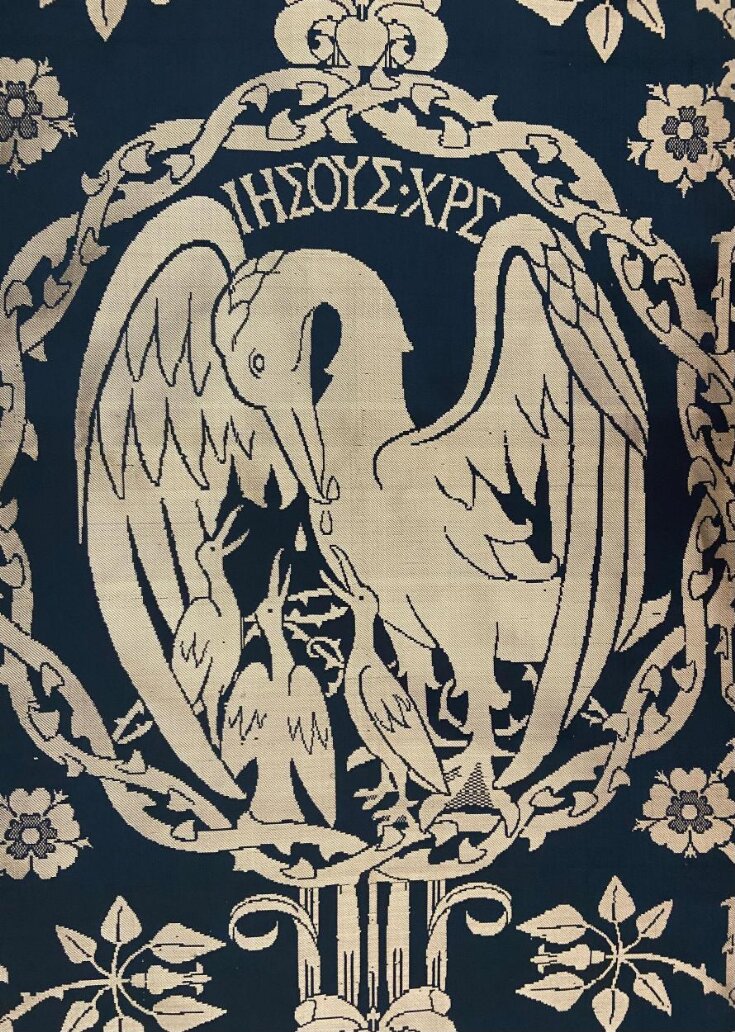
Like the word prudence, piety has been given wholly undeserved negative connotations in our modern irreligious, hateful, and ungrateful world. Let’s fix that.
The term “piety” is used for both a natural virtue, a supernatural virtue, and a Gift of the Holy Spirit.
As Fr. John Hardon, S.J., points out, piety as a natural virtue is “honor and reverence given to someone in any way responsible for our existence or well-being. Thus God as our Creator and constant Provider, parents, near relatives, country, tribe, or people” are owed our piety. You don’t have to be baptized to realize how much good you have been given and so how much you owe your Maker, your family, and your people.
In its etymology, the word piety connotes mercy, faith, tenderness, compassion, religiousness, loyalty, patriotism, and faithfulness to natural ties.
The supernatural virtue of piety has the same meaning and objects, but it is now expanded in scope and supported by grace. The Christian, then, also owes piety to the Blessed Trinity, the Holy Family of Jesus, Mary, and Joseph, and the Holy Catholic Church and its members.
According to Hardon, the gift of the Holy Spirit of piety “perfects the virtue of religion, which is the practice of justice toward God. It produces an instinctive filial affection for God and devotion toward those who are specially consecrated to God. As an infused gift of God, it is ready loyalty to God and the things of God, arising not so much from studied effort or acquired habit as from a supernatural communication conferred by the Holy Spirit.”
He goes on to say, “This gift enables a person to see in God not only one’s sovereign Master but a loving Father, according to the teaching of St. Paul: ‘Everyone moved by the Spirit is a son of God. The spirit you received is not the spirit of slaves bringing fear into your lives again; it is the spirit of sons, and it makes us cry out ‘Abba, Father!’’ (Romans 8:14-15). It engenders in the soul a filial respect for God, a generous love toward him, and an affectionate obedience that wants to do what he commands because it loves the one who commands.”
To access an outline for the Nineteenth Sunday in Ordinary Time and two outlines for the Solemnity of the Assumption, click here and then scroll down.

Leave a Reply